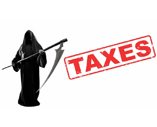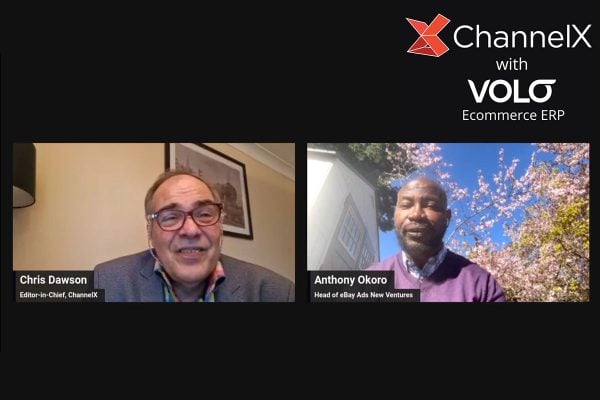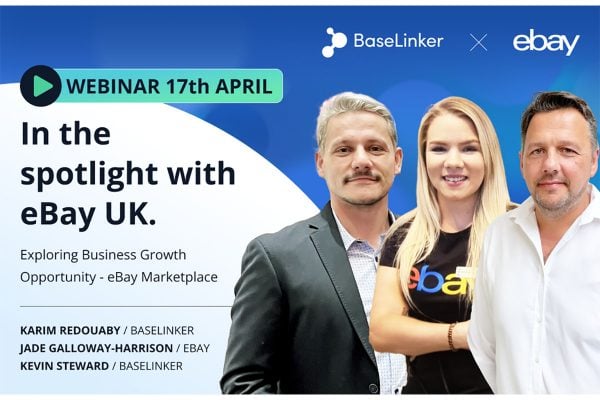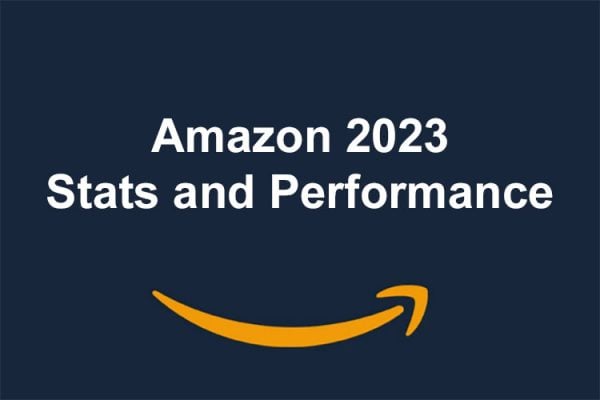There’s been a lot of interest in HMRC’s consultation on tackling the hidden economy and their desire for an extension of data-gathering powers.
It’s worth pointing out that whilst the main reporting in the press has been a focus on eBay and Amazon, in reality that’s not what HMRC are most interested in – they’ve already run several projects to encourage those not declaring all their income from marketplaces to come forward.
What HMRC are interested in
What HMRC are really interested in is the hidden economy in some ways equivalent to the cash economy where people get paid cash in hand and there are no records of the gardener that cuts your grass each week, the assistant at the corner shop that’s paid cash in hand, the mobile hairdresser you always pay in cash or the people that do your ironing in their home for you.
The online equivalent is the person that rents out their room on Airbnb, the Uber taxi driver. They’re also interested in the person who’s created a must-have app that people are downloading (possibly for free) but are then paying for in-app purchases. Often business is taking place on digital platforms where there’s not even a online payment being made (for instance if you advertise products or services on Gumtree for which you’re paid in cash when the service is completed).
The missing £5.9 billion
HMRC reckon there’s a £5.9bn difference between the receipts HMRC actually collects and the amount of tax that should be collected if all taxpayers complied with the letter and spirit of the law. They have three aims:
- Promote good compliance, making it easier for people to get it right;
- Prevent non-compliance, preventing mistakes and stopping things from going wrong; and
- Respond to non-compliance, targeting their approach to tackling complex cases and deliberate cheats.
2 reasons that HMRC want access to data from digital providers
Independent checks
Data collected from third parties who facilitate trade can provide information in bulk about the activity of large numbers of traders and be used as an independent check against the data that taxpayers themselves report to HMRC.
Pre-populated tax returns
Secondly it was announced in this year’s budget that HMRC wish to end the annual filling out of paper tax returns by replacing them with online tax returns which can be automatically updated throughout the year. By linking bank accounts, salaries, accounting software, and pension income HMRC’s ambition is to present you with data to check rather than forms and tax returns to complete. Pre-filling or pre-populating information in this way will, they say, help to reduce error and improve overall compliance.
HMRC can only achieve their goal of giving you a pre-populated tax assessment if they’ve access to the data and that’s why they want to increase the scope of their third party data gathering powers.
Will it be effective?
The more HMRC know about you the more effective they’ll be in tackling underpayment of tax. However past experience has shown us that their campaigns often appear to be more of a fishing expedition catching tax payers who have already declared their income.
Whilst there’s little evidence on HMRCs eBay campaigns that they cross check readily available information with tax payers records, here at Tamebay we do get a few people either saying they’ve never paid tax and got “the letter”, or that they’re a private individual and worried HMRC want to consider them a business. In either case if that’s you talk to HMRC and/or an accountant.
However this HMRC consultation on extending their data-gathering powers is different. It’s not an attempt to shake the trees and see what low hanging fruit falls out. It’s the start of a different way of HMRC working where they’ll present you accounts to you and say “This is what we think you’ve earned” and it’s up to you to say “Yes that’s what I earned and let me highlight my expenses where you’ve missed them out“.











6 Responses
My mechanic, who is excellent turns over easily over £400-£500 a day in labour, infact a saterday he can easily make £1000. Yes he does work hard, and he does know his stuff.
But……
Never paid a penny tax in years.
A great idea on paper.
HMRC have all the data they would ever need already
its manpower and time to process it that they dont have
My (probably cynical) prediction is that the end aim is PAYE for businesses where corp tax is paid throughout the year, and the final submissions to HMRC sorts out the difference between what has been paid and what should have been paid.
And, this method of payment will target being in operation in four years time, just before the next general election – so that tax receipts (deficit etc reduction) are shown to be hugely improved – even if only for one year.
I guess the huge amount of data collected will be fed into an expanded version of HMRC’s Connect system, which apparenly also has data from social sites scraped and fed into it (not sure I believe this is automatic, but shows the thinking process).